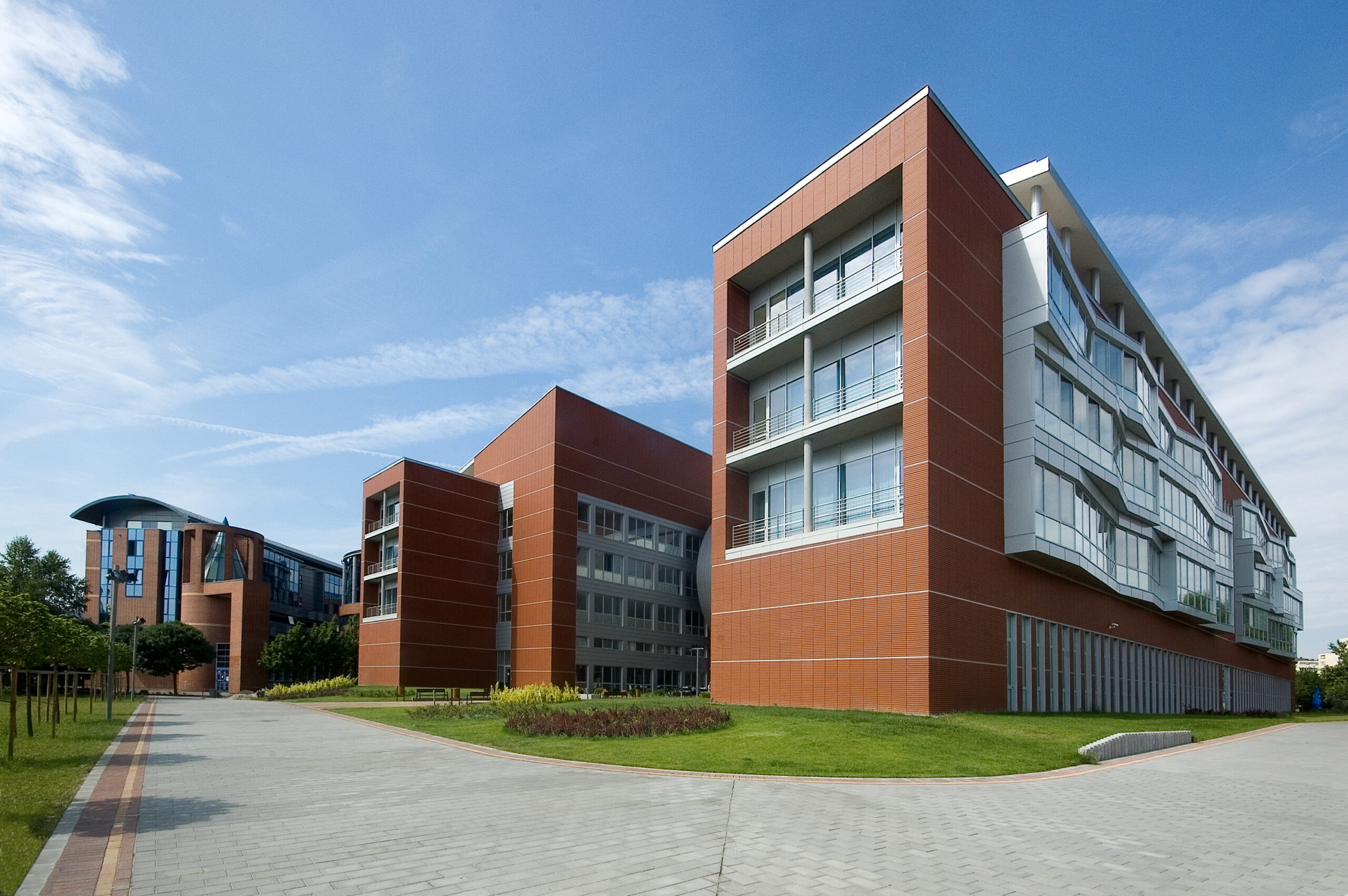The programme aims to train experts in environmental and regional economics, competent in analysing regional and sustainability-related problems, and propose novel solutions by putting their theoretical knowledge and acquired expertise to practice. Regional economics and management aspects of sustainability are important parts of the programme as well. Courses are highly workshop-oriented, where students may work together to focus on local and regional aspects of actual global sustainability challenges.
For our BSc programs general minimum requirements are an eligible highschool degree; document of English language proficiency and successful admission tests, while for our MSc programs an eligible BSc degree is needed. Detailed information on the general admission procedure (deadlines and requirements) can be found on our E-admission page
Applicants will have to take an online entrance examination, consisting of two parts. First, they need to take an online test. In case they pass the test successfully, they have to take part in an online motivational interview. During the interview applicants are expected to give an account of their professional interests, skills and training, and also to explain their motivation for joining the programme.
You can study at BME with a scholarship or as a self-funded student, by paying tuition fees. Various scholarships help you cover tuition fees and your living expenses during your studies. Successful PhD students may receive additional support from research grants.
Our students receive a combination of theory-oriented basic courses, covering topics such as regional and environmental economics and policies. Additionally, they gain practical knowledge through applied sciences, focusing on development activities at the regional and local levels.
Municipal Management and Local Governance, Environmental Economics, Regional Economics, etc.
Environmental and Regional Policy of the EU, Environmental and Urban Sociology, etc.
Quantitative Methods, Geoinformatics, Methods of Regional and Environmental Analysis, Data Analytics
Regional Economic Development, Environmental Management Systems, Regional and Municipal Marketing, etc.
Graduates of Master in Regional and Environmental Economics can find, among others, career opportunities in environmental management, urban planning and management, regional and rural development, planning and auditing participation in the development and application of sustainability and climate policies.
